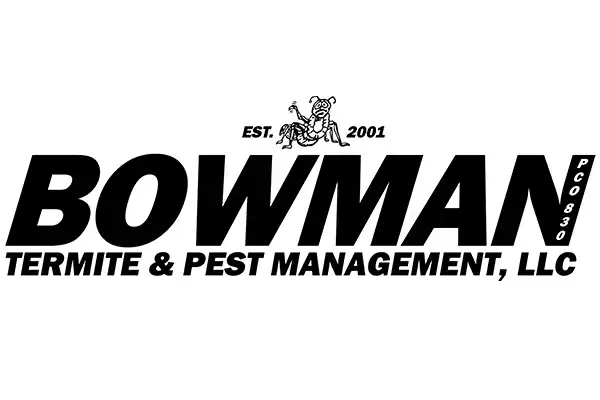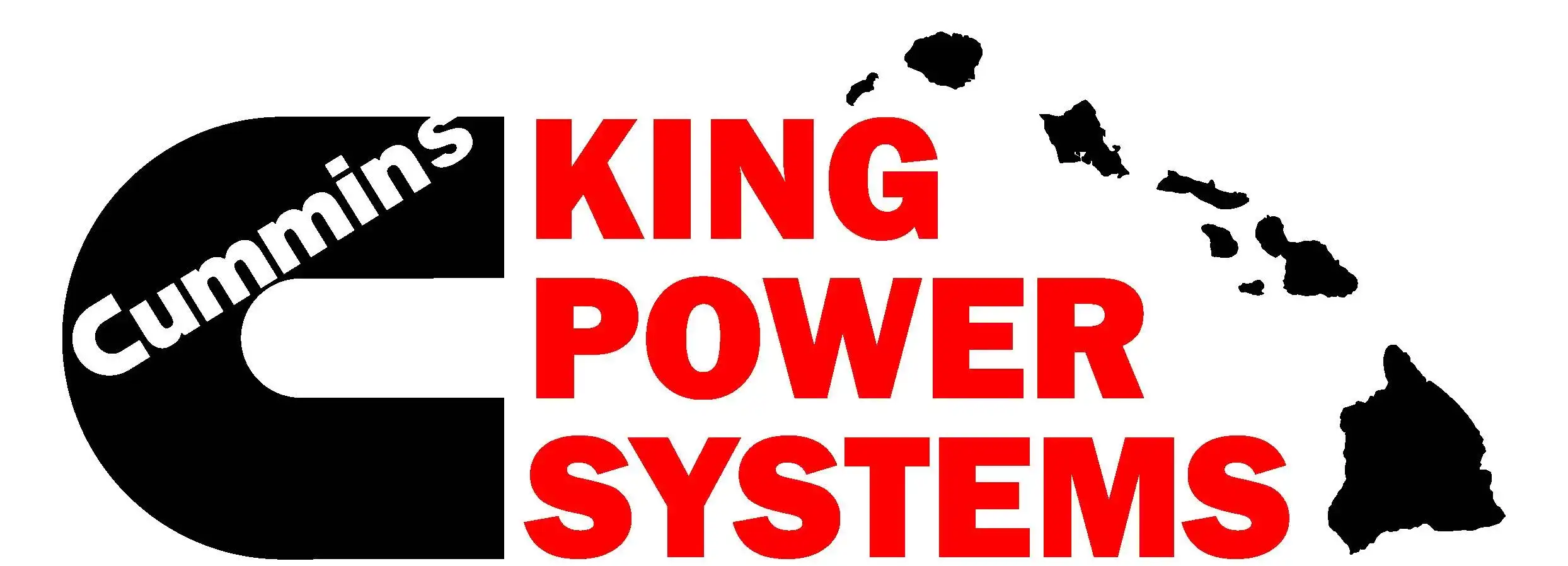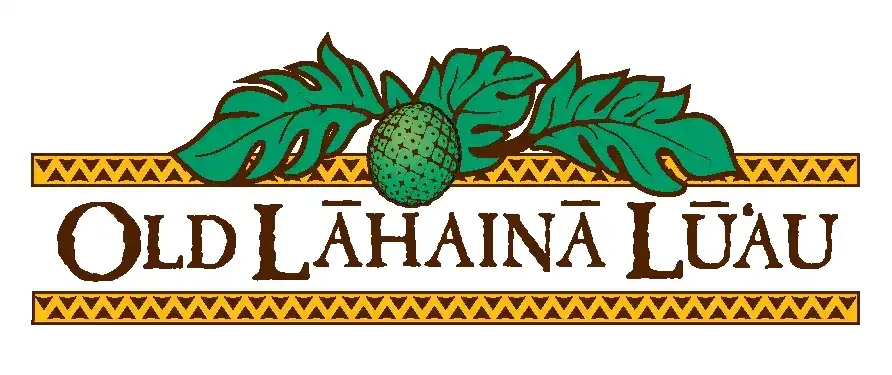DNLR, State Lawmakers Say 2021 Session Was “Most Productive” in Recent Decades
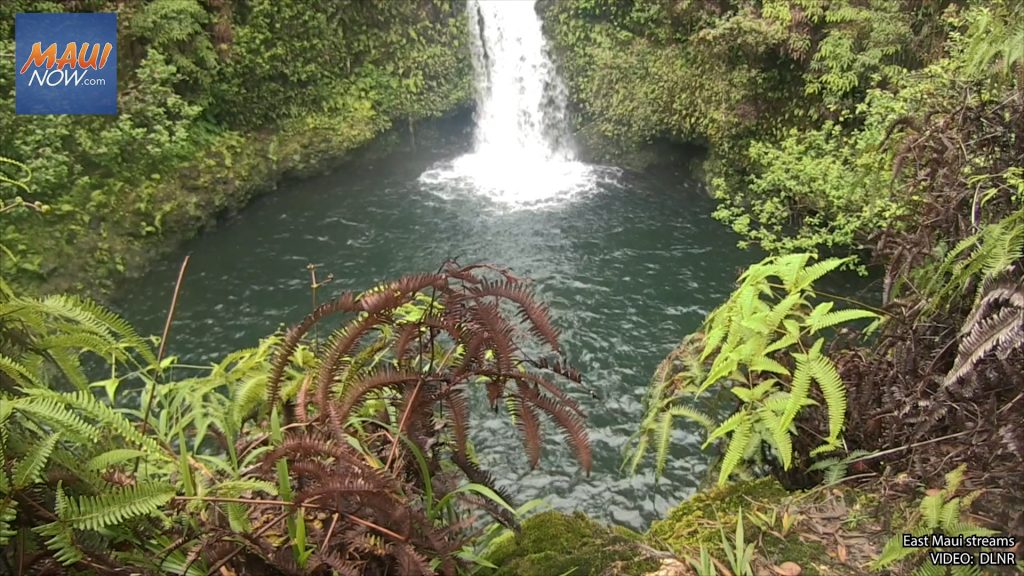
State lawmakers and DLNR leaders believe the 2021 legislative session was the most productive and effective for natural and cultural resources protection and support of any in recent decades.
Rep. David Tarnas (Hawai‘i Island) is the chair of the House Water and Land Committee, as well as being a strong advocate for DLNR, its programs and mission. “This year has been a great year for the Department of Land and Natural Resources and its partners working closely with the legislature. When I took over as head of the committee, the first thing I asked was…what were the measures they have been trying to introduce for years and could never move forward? We saw a significant backlog of good ideas,” Tarnas explained.
DLNR Chair Suzanne Case, speaking on behalf of the staff and leadership of the department, said, “People who have observed DLNR efforts and proposals in the legislature for many years, believe the 2021 session may have been the best ever or certainly in a very long time. We made significant progress with legislation to further protect our precious – and in some cases fast-diminishing resources – to beef up natural and cultural resources enforcement, and to fund some of these efforts without further burdening Hawai‘i taxpayers.”
Tarnas said he and his colleagues showed a willingness to look at those things that make Hawai‘i special, accentuated by the pandemic and the pause in tourism. “Natural resource management is an important part of that. We found with fewer visitors here, we noticed our special places were less crowded, our environment was less stressed, and we saw visible improvement in ecosystem health in our near-shore waters and hiking areas,” he commented.
Much of the legislature’s work focused on “adaptive management of public trust resources,” to make sure they are not overused by visitors and residents alike. Some of the adaptive management bills lawmakers passed include:
- HB1276 (State parks fees) – Dynamic pricing-allows the DLNR Division of State Parks to set fees for parking and entrance based on current conditions.
- HB1020 (Adaptive natural resource management) – provides an alternative process with fewer procedural steps to enable DLNR to quickly implement certain temporary adaptive management measures, while also providing opportunity for public review and input.
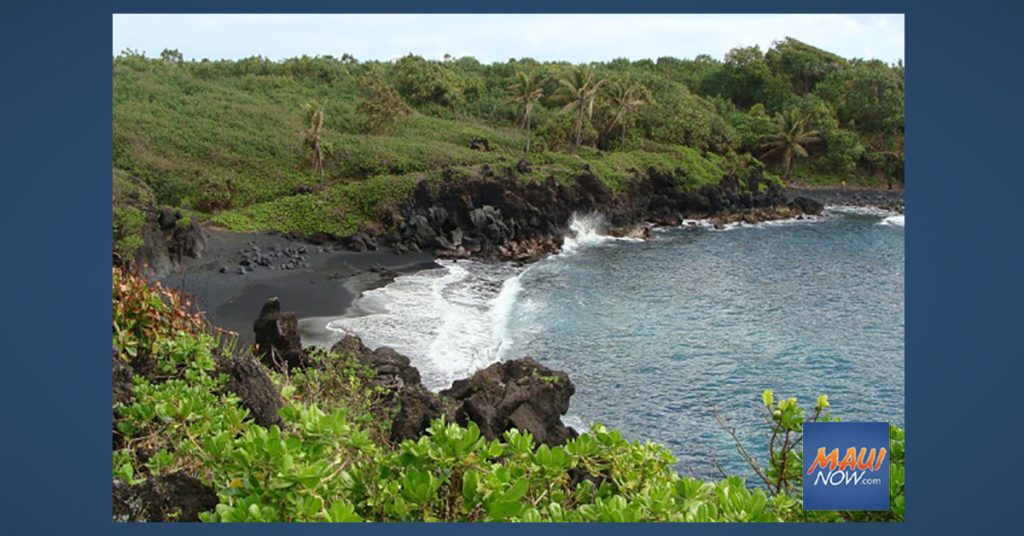
Chair Case identified HB1020 as perhaps the most important piece of legislation to pass out of the State Capitol this year. She explained, “This gives us the ability, through noticed Board action with public input, to respond quickly to unanticipated threats, such as a coral bleaching event, with temporary fixes for up to two years to help the environment recover – something in between a very short-term emergency rule and a permanent rule change. It’s very cutting edge for today’s world.”
Natural and cultural resources enforcement were also big winners in the 2021 legislature, says the DNLR. For example, the proceeds from specialty license plates will go into a special fund to support the DLNR Division of Conservation and Resources Enforcement.
Tarnas said, “DOCARE needs support desperately, so we were able to diversify their funding support to provide better enforcement of boating and aquatics rules.”
Three of the new “source of funding” bills were announced when the governor signed them into law on June 8.
- SB772 (Special license plates) – Authorizes the issuance of special number plates to support environmental conservation, with proceeds from the program to be used to fund conservation efforts. Revenues will be deposited into the conservation and resources special fund.
- HB1023 (Marine recreational fishing licenses) – Establishes and requires a recreational fishing license for all non-Hawai‘i residents. Visitors will need to purchase this license in order to fish from the shoreline or a boat in Hawaiian waters. Revenues generated by license sales will help support fishing opportunities and provide state-matching funds for the Federal Sport Fish Restoration Program.
- HB1019 (Ocean stewardship special fund) – Establishes a Hawai‘i Ocean Stewardship Special Fund to provide more consistent and reliable support for the conservation, protection, restoration, and management of Hawai‘i’s precious and endangered marine resources. Beginning Jan. 1, 2024, users will pay a fee of $1 per person on commercial ocean vessel-based activities.
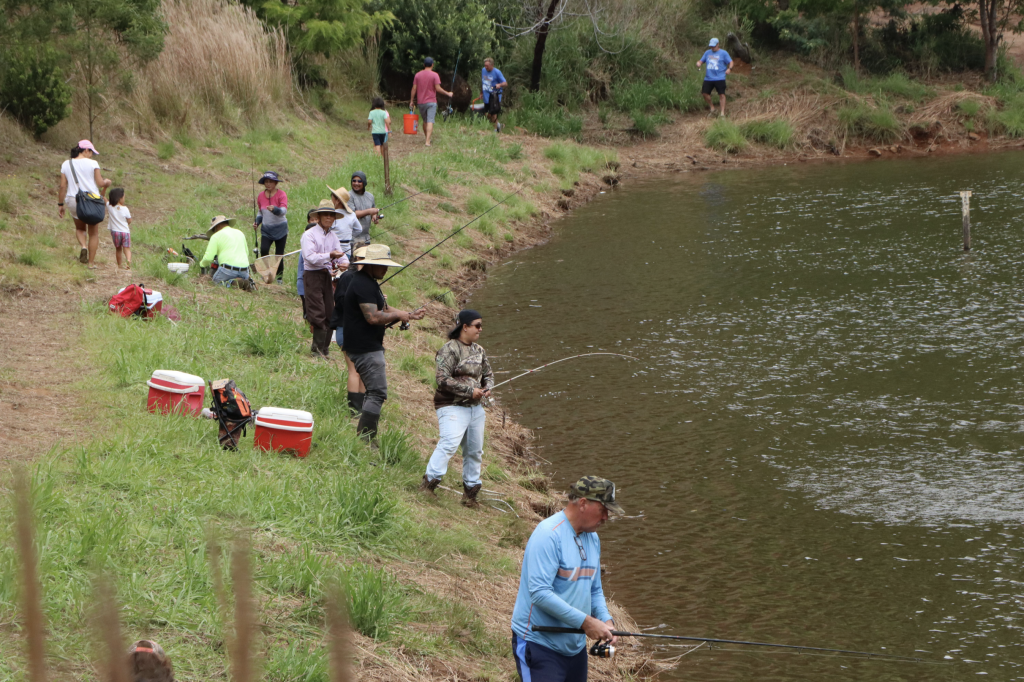
These were part of a large aquatics resources package of bills signed on World Oceans Day.
Other measures give DOCARE officers broader enforcement powers. HB1022 allows them to check the take of fish or animals that have been hunted, through administrative inspections, to confirm compliance with regulations. Another requires that lay nets be registered and gives the division the authority to suspend or revoke net registrations for fishers who use them illegally.
Other new laws of note include:
- HB863 (Nursery expansion) – Appropriates funds for the forest stewardship program of the department of land and natural resources to build and expand facilities of the state tree nurseries.
- HB1176 (Job corps program) – Allows the governor to designate DLNR to administer or enter into agreements for the administration of a green job youth corps program that provides temporary work and training opportunities to help address the unemployment impacts of the COVID-19 pandemic and support economic diversification. Requires a report to the legislature. Appropriates American Rescue Plan Act funds.
- HB1009 (Violations on state forest reserve lands) – Amends the additional fines and costs for destroying or harvesting trees or tree products, including koa, on state forest reserves lands. Establishes penalties for any person who violates vehicular parking or traffic movement rules adopted by the DLNR under forest reserves, water development, and zoning laws. Authorizes the State to pursue civil legal action and criminal action against a person violating forest reserves, water development, and zoning laws and rules. Establishes criminal penalties for violations of all forest reserves laws or rules. Repeals the general penalty provision for violations of certain forestry and wildlife, recreation areas, and fire protection laws and rules.
- SB795 (Small boat harbor fees) – Changes the criteria for calculating the various fees that the department of land and natural resources may charge for the usage of state small boat harbors, including requiring that certain state small boat harbor fees be set at fair market value, and how certain fees are applied.





